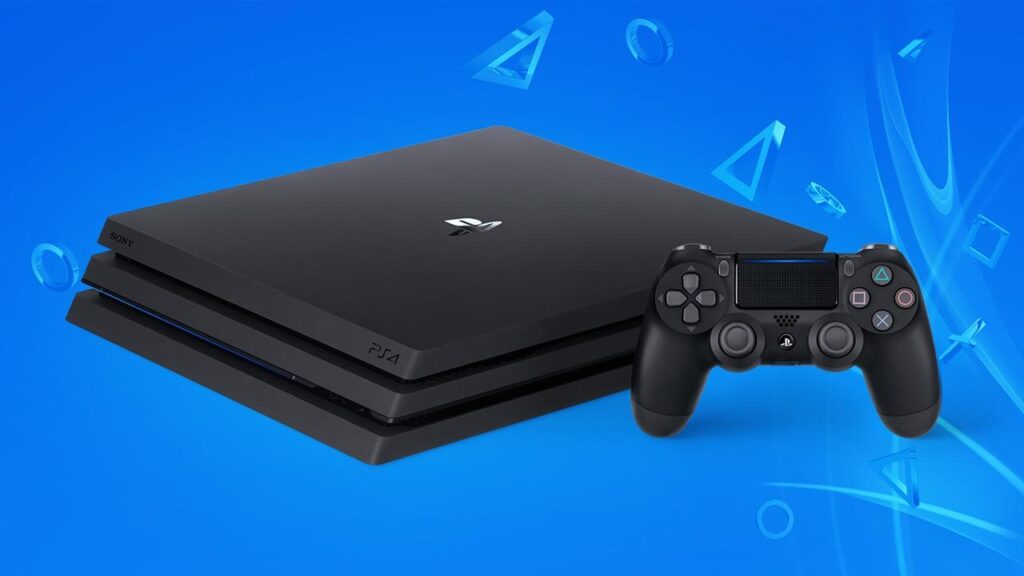
PS4 is heading into its final stretch as Sony prepares to launch its next-gen PS5 console at the end of this year, but the current PlayStation has certainly had an impressive run in its six-plus years on the market. Earlier this month, Sony Interactive Entertainment announced that 106 million PS4 units had been sold, and today the company reinforced how successful its PS4 business has been with another important milestone: nearly 1.2 billion games sold.
The cumulative total since PS4 launched back in 2013 represents both retail and digital sales (not including DLC and add-ons) and shows how invested the PlayStation installed base has been in Sony’s game library. Back-of-the-napkin math indicates an attach ratio of roughly 11 games per PS4 owner. For comparison, the record-selling PS2, which sold 155 million units in its lifetime saw around 1.53 billion software units sold, giving it an attach rate just under 10.
2019 was another very impressive year for PS4, as Sony sold through 274 million games during the 12-month period. For further comparison, the Nintendo Switch, which has absolutely dominated the market, has seen a total (through December 2019) of 52.48 million units sold along with 310.65 million software units (which would give it an attach rate of about 6 so far). That being said, as SuperData analyst Carter Rogers previously told GameDaily, the Switch has been on a better pace than the PS4 at this point in the cycle.
“Switch sales have definitely been going gangbusters,” he said. “In comparison, it took the PlayStation 4 about 37 months to sell 50 million units. The Switch has definitely benefited from a mid-cycle upgrade (the Switch Lite), which we’ve often seen for Nintendo handhelds but not home consoles.”
It’s hard to say where exactly Xbox fits into the race, but Microsoft deliberately abandoned reporting Xbox hardware and software figures long ago, instead focusing on Xbox Live and Xbox Game Pass engagement numbers. An IDC estimate suggests that Xbox One has sold about 47 million units since it launched in 2013, meaning it’s sold less than half that of Sony’s PS4.
The Xbox strategy, obfuscated data points notwithstanding, does point to the larger trend of gaming ecosystems. And that’s where game sales figures will start to get a bit hazy in the future. If more and more emphasis is on subscriptions like Xbox Game Pass, or for Sony, PlayStation Plus, the revenue will be passed to game creators in a different manner. Direct retail or digital game sales may not ever reach the heights of 1 billion sold if the industry moves increasingly towards subscriptions and cloud gaming services.
Kantan Games analyst Dr. Serkan Toto commented to GameDaily, “Subscriptions, and later the cloud, will succeed as new business models for a whole range of reasons. The process is likely to take years, and if this really happens, it will radically change what ‘game sales’ means or potentially will even do away with it. The PS5 will likely be affected already and might indeed be Sony’s last console to pass the 1 billion threshold.”
Whether the sales come via subscription or direct download, Sony has to ensure that the content is top notch, and that’s where its own studio system has certainly excelled.
“The PS4 came at a time when people were doubting console gaming even had a future. Sony proved all skeptics wrong. They did an excellent job launching the device, getting third-party developers on board and scoring a streak of excellent first-party blockbusters,” Toto added. “Reaching the 1 billion mark is not an accident, it’s the result of hard work and great execution. After creating such a phenomenal portfolio over the last years, Sony is now under pressure to repeat or perhaps even surpass its performance on the PS5. Expectations from users, investors and the media are sky high.”
The competition hasn’t been idle either. The Xbox team has completely overhauled its first-party studio system with numerous acquisitions in an effort to draw more players into the Xbox Game Pass ecosystem. For its part, Sony has clearly recognized the importance of building up its content pipeline in advance of launching the PS5, and that’s why the company has made a concerted effort to improve its ranks by hiring veteran talent like Christian Svensson and Greg Rice.
The future battle in gaming may be more akin to Netflix versus Hulu, but the fight for content is always going to be what makes or breaks a business. The next-gen landscape will be fascinating to watch.
 GameDaily.biz © 2025 | All Rights Reserved.
GameDaily.biz © 2025 | All Rights Reserved.